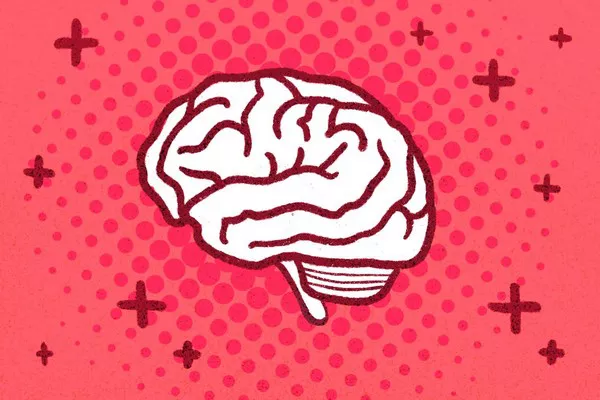Mental illness is a pervasive and complex health issue that affects individuals across various demographics and socioeconomic backgrounds. While mental health disorders can impact anyone regardless of age, gender, ethnicity, or socioeconomic status, certain populations may be more vulnerable to experiencing mental health challenges due to a combination of biological, environmental, and social factors. Understanding the demographic patterns and trends associated with mental illness is essential for developing targeted interventions and support services to address the diverse needs of affected individuals.
Demographic Factors and Mental Health
1. Age
Age is a significant demographic factor that influences the prevalence and presentation of mental health disorders. While mental illness can occur at any age, certain age groups may be more susceptible to specific disorders. For example, children and adolescents are vulnerable to conditions such as attention-deficit/hyperactivity disorder (ADHD), anxiety disorders, and depression, which can impact their social, emotional, and academic development. Young adults transitioning to adulthood may experience increased stress, anxiety, and mood disorders as they navigate educational, career, and relationship challenges.
In contrast, older adults may face unique mental health concerns related to aging, such as dementia, depression, and loneliness. Age-related changes in physical health, cognitive function, and social support systems can contribute to the development or exacerbation of mental health issues in older populations. Additionally, older adults may experience stigma or barriers to accessing mental health services, leading to underdiagnosis and undertreatment of mental illness in this demographic.
2. Gender
Gender plays a significant role in the prevalence, expression, and treatment of mental health disorders. While both men and women experience mental illness, studies suggest that women are more likely to be diagnosed with mood and anxiety disorders, such as depression and generalized anxiety disorder (GAD). Biological factors, hormonal fluctuations, and societal expectations may contribute to gender differences in mental health outcomes.
Men, on the other hand, may be less likely to seek help for mental health issues due to cultural norms surrounding masculinity, stoicism, and emotional expression. Consequently, men may be at a higher risk of undiagnosed or untreated mental illness, particularly substance abuse disorders and suicide. Addressing gender-specific barriers to mental health care and promoting gender-sensitive approaches to treatment are essential for improving outcomes for all individuals.
3. Socioeconomic Status
Socioeconomic status (SES) is a critical determinant of mental health outcomes, with individuals from lower socioeconomic backgrounds facing increased risk of mental illness and reduced access to mental health services. Economic hardship, unemployment, housing instability, and limited access to education and healthcare can contribute to chronic stress, anxiety, and depression among economically disadvantaged populations.
Moreover, disparities in access to quality mental health care exacerbate existing inequities, with marginalized communities experiencing higher rates of unmet mental health needs and poorer treatment outcomes. Efforts to address social determinants of health, expand access to affordable mental health services, and promote economic opportunities can help reduce mental health disparities and improve overall well-being among vulnerable populations.
4. Ethnicity and Culture
Ethnicity and culture influence the prevalence, perception, and treatment of mental health disorders, with variations observed across different racial and ethnic groups. While mental illness can affect individuals from all backgrounds, certain communities may face unique risk factors, protective factors, and cultural beliefs that shape their experiences with mental health.
For example, studies have shown disparities in the diagnosis and treatment of mental illness among racial and ethnic minorities, including African Americans, Latinx, Asian Americans, and Native Americans. Structural racism, discrimination, acculturation stress, and limited access to culturally competent care contribute to disparities in mental health outcomes and service utilization.
Conversely, cultural factors such as strong family support, community resilience, and culturally tailored interventions can promote mental health and resilience within diverse populations. Culturally sensitive approaches to mental health promotion and treatment that honor individuals’ cultural values, beliefs, and practices are essential for addressing the unique needs of diverse communities.
See Also: 5 Rarest Types of OCD
Conclusion
Mental illness affects individuals from all walks of life, but certain demographic factors can influence susceptibility, presentation, and outcomes. Understanding the complex interplay of age, gender, socioeconomic status, ethnicity, and culture is essential for developing effective strategies to prevent, diagnose, and treat mental health disorders.
By addressing social determinants of health, reducing disparities in access to care, promoting cultural competence, and fostering resilience within communities, we can work towards creating a more inclusive and equitable mental health system that meets the diverse needs of all individuals. Through collaborative efforts across sectors, we can build a society where mental health support and resources are accessible to everyone, regardless of demographic background.


